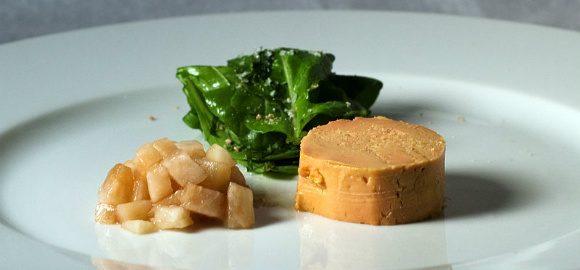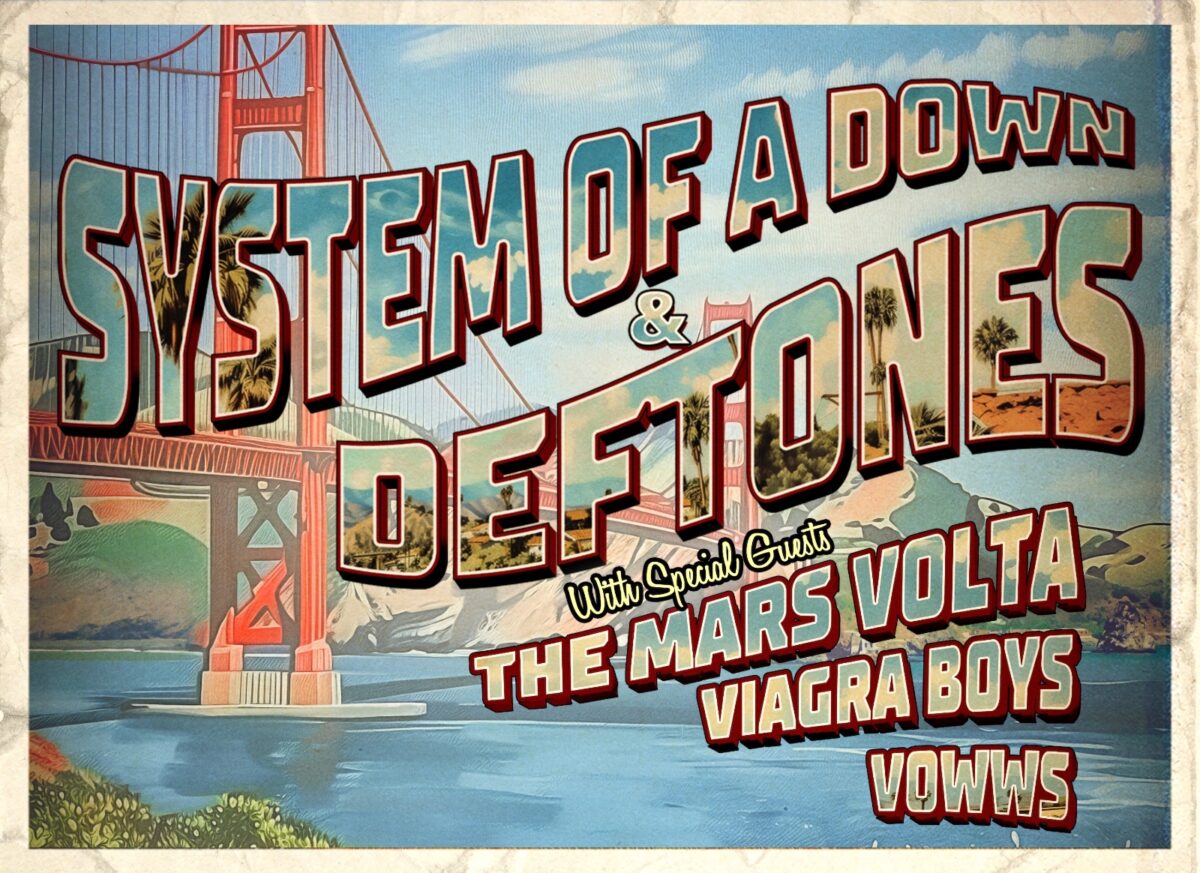An Open Letter on Foie Gras
Come July 1, California restaurants will no longer be allowed to serve foie gras. By now, everyone knows the debate: chefs and diners calling to repeal the ban, lawmakers and animal rights activists decrying the delicacy. But what does it really all mean?
I have eaten foie gras many times. In fact, I enjoy it a lot. It is a delicacy and not served in as many restaurants as one would think in San Francisco. So why has one bill, eight years in the making, caused such an emotional reaction from both sides? In my opinion, from a chef’s perspective, they see it as taking away something they use, almost as if lawmakers were taking away their favorite toy in the kitchen. Many chefs visit the farms where they source their produce to make sure they know the quality of product they are getting. They see the process firsthand. They want to make sure that farmers are using sustainable methods whenever possible. I think they are also taken aback by the fact that they are not being allowed to use something coming from a process that spans hundreds and hundreds of years. Diners who love foie are upset because they feel lawmakers are telling them what they can and can’t eat, not for health reasons but because of gavage, the method used to create the enlarged duck livers.
Animal rights activists on the other hand have cried foul about the gavage technique, claiming that the process of force feeding a duck through a tube is animal cruelty. They claim to have both video and scientific evidence that proves that ducks suffer through the process. They also cite farms in Europe that are producing foie gras naturally. Former state Senator John Burton enacted the bill some eight years ago, giving farms a chance to change the way they produce foie gras. But nothing significant has been done in the way of changing that process, hence the enforcement of the law. But there are still questions. Why did Burton come up with this bill despite never visiting a farm that prepares foie gras? And how exactly is the law going to be enforced?
I enjoy foie gras. Every time I have had it, I have been amazed. While I will miss eating it, I think I will survive it not being on menus around the state. But truly, there are many concerning things about this law. First off, how far will lawmakers go in banning products? There are so many farms across the country that are keeping their animals in deplorable conditions. You hear it all the time especially with chickens. Is that not animal cruelty as well? Same goes for vegetables. Many have argued that this is just a way to start the process of getting all meat products banned by animal rights activists. But what about farms across the state that are basically leaving their workers out in the blazing sun to die? So a duck’s liver is somehow more important than an immigrant farm worker, who is trying to make a living the only way he can? I just think that in the food industry, there are so many other bones to pick in terms of viable legislation. Childhood obesity and diabetes is an overwhelming epidemic right now. Food safety is always going to be an issue. But we are stuck arguing about a process that has in no way been proven one way or the other to be animal cruelty. It really just boggles the mind.
This is truly my own opinion. I understand both sides of the argument and can see where both groups are coming from in the debate over foie gras. But what everyone should really have in their minds is the fate of the Sonoma Artisan Foie Gras company, a small family-owned business that has had to pack up and close its operation because of this law. For a state that is trying to pick itself out of a recession and major deficit seemingly every fiscal year, that’s bad business to make the environment for small businesses so unfriendly.
Photo Credit: Luigi Anzivino, via Wikimedia Commons








